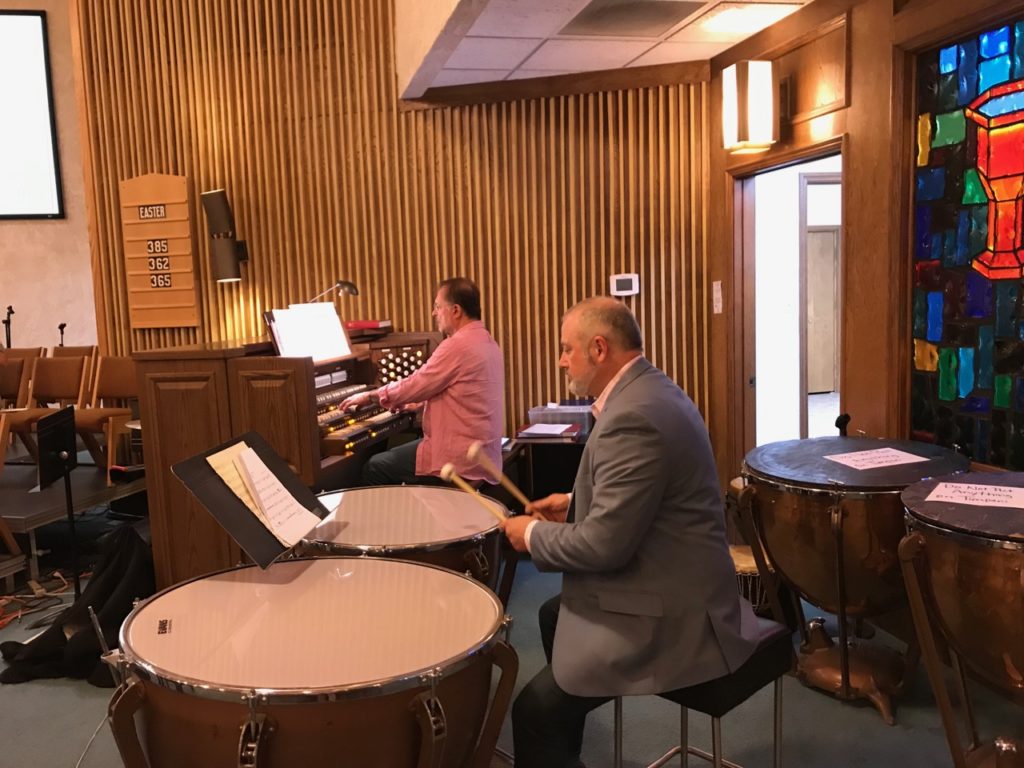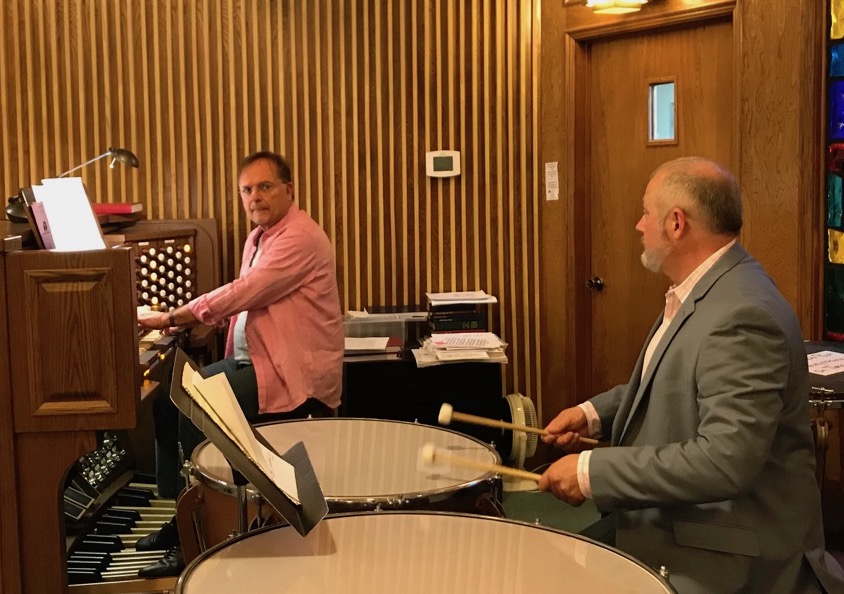If you teach at a community college, please take a moment to read this open letter to a composition teacher by Elaine Maimon, president of Governors State University.
Now let’s talk. This past Monday, I taught Plato’s Republic VII for the Free Minds Program. If you aren’t familiar with it, VII is where Plato gives us one of the most famous moments in all of Western philosophy, the Allegory of the Cave. As expected, I helped my students navigate technical issues, like what the various elements in “the story” correspond to, allegory-wise. But there was a moment in that exploration in which students started to see Plato’s point: Education is not about filling an empty but otherwise receptive container, but about “turning around,” the transformation of the student. The icing on the cake, so to speak, was when I wrote the word education on the board, and broke down the etymology: both “to train or mold” and “to lead out.”
Continue reading “Education in the Shadows”


